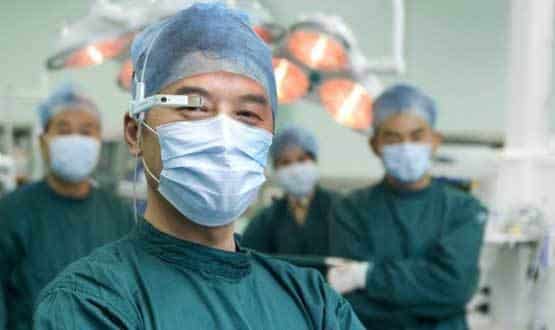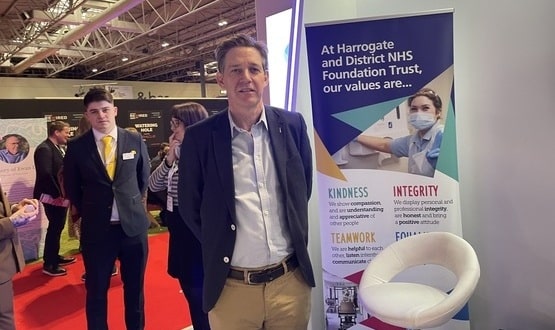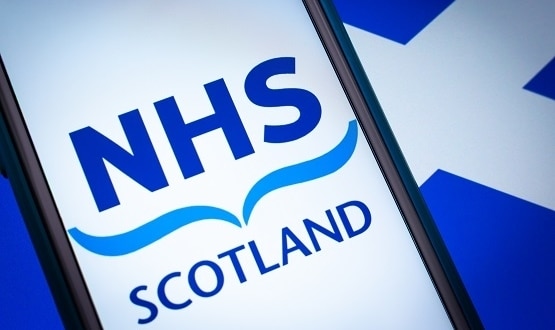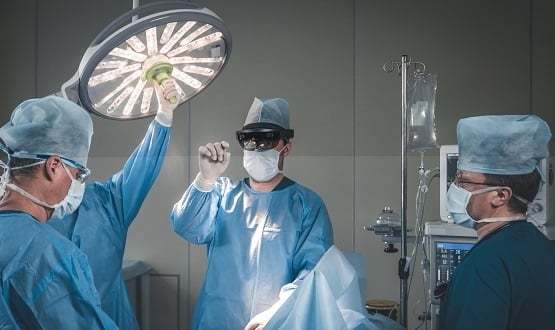NHS Highland develops smart glasses tech
- 3 May 2016

NHS Highland is working with an Inverness-based technology company to develop the use of smart glasses in health care.
The health board has teamed up with Summit Wearable Solutions to test its smart glasses technology for use in surgery and cardiology, as well as delivering remote care and education.
Surgeons in the Highlands started testing the devices in trial surgeries this month.
The glasses are a wearable computer that adds information to what the user can see by projecting an image onto the screen. They have a high-resolution camera as well as voice recognition software which turns speech into text.
Summit Wearable chief executive Chris Bryson said: “in both surgery and cardiology, the surgeon works with the patient, but is looking away, in some cases at a whole wall of monitors. We can take the information on those monitors and certain vital signs and put those in the glasses as display so they can be focusing on the patient.
“In the future we might provide augmented reality where you could overlay imaging information on top of the view of the patient.”
He said the hardware, software and platforms will be in place to allow the glasses to be used in a live surgery within a year.
“There are patient confidentiality and data issues to work through, but that’s why we are working with NHS Highland to ensure that’s incorporated into the system,” he explained.
Alan Whiteside, innovation consultant with NHS Highland’s research, development and innovation department, said the health board is particularly interested in how the glasses can be used to help deliver care in remote locations.
NHS Highland covers 40% of the landmass of Scotland, so has many remote and rural locations.
They could potentially be worn by ambulance staff to allow a hospital consultant to view the patient situation and provide advice during long ambulance rides, he said.
“It’s about engaging with staff; seeing where they see the need for the platform to bring better outcomes and service.”
Whiteside said staff are keen to get involved: “surgeons generally seem to be interested in innovation and technology and they see different uses, for example to improve information during surgery,” he explained.
They could also be helpful for things like auditing as they can be used to review what happened if there is an incident during surgery.
Whiteside added that they have a potential use in education. He said the European working-time directive means surgeons do not get as much practical experience during training as in the past so they could use the glasses to have experienced surgeons film their operations and use that as a training tool.
Bryson said the basic platform for the technology comes from a partner company in Taiwan.
“We are at an early stage discussing with specialists, particularly in surgery and cardiology, about use cases in the hospital, but we would like to co-develop with the NHS and then market our solutions worldwide," he said.
Bryson sees China as a potentially huge market for the technology and having the strong NHS brand attached gives validation to the product.
Summit is located on the medical campus in the Centre for Health Science so staff and clinicians can easily interact in person on a daily basis, which both Bryson and Whiteside said is hugely helpful.
NHS Highland has made a video showing potential uses of the glasses available on YouTube.




